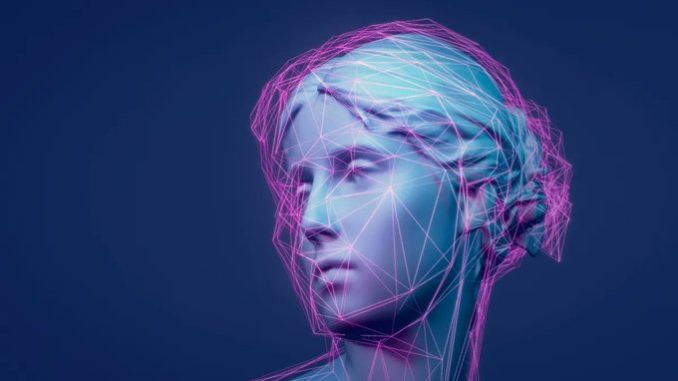
Afew weeks ago, a founder told me it took three hours of endless clicking to find an AI-generated portrait of a Black woman. It reminded me, in some ways, of a speech I saw three years ago when Yasmin Green, the then-director of research and development for Jigsaw, spoke about how human bias seeps into the programming of AI. Her talk and this founder, miles away and years apart, are two pieces of the same puzzle.
Discussions about diversity are more important than ever as AI enters a new golden era. Every new technology that appears seems to be accompanied by some harrowing consequence. So far, AI has contributed to racist job recruiting tactics and slower home approval rates for Black people. Self-driving cars have trouble detecting dark skin, making Black people more likely to be hit by them; in one instance, robots identified Black men as being criminals 9% more than they did white men, which would be put under a new light if judicial systems ever begin adopting AI.
“As AI pervades society, it is critical for developers and corporations to be good stewards of this technology but also hold fellow technologists accountable for these unethical use cases.”Isoken Igbinedion, co-founder, Parfait
AI ethics is often a separate conversation from AI building, but they should be one and the same. Bias is dangerous, especially as AI continues to spread into everyday life. For centuries, doctors once judged Black people on criteria now deemed racist, with one prevalent belief being that such people experienced less pain. Today, algorithms discriminate against Black people; one study from 2019 found that an algorithm used by U.S. hospitals “was less likely to refer Black people than white people who were equally sick to programs that aim to improve care for patients with complex medical needs.”
